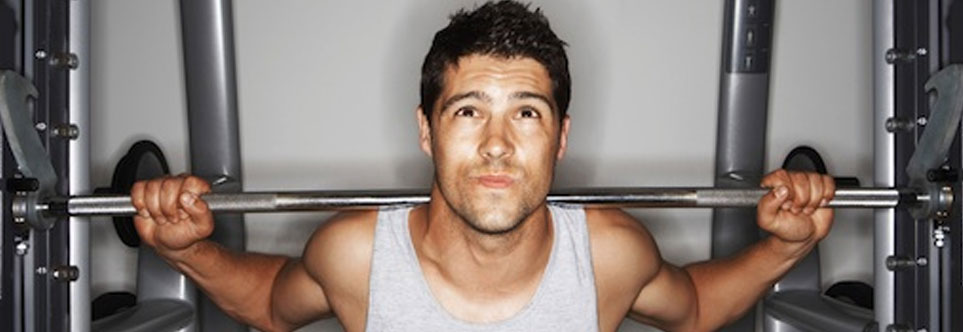
6 RULES FOR FUELING YOUR WORKOUTS THE RIGHT WAY
Getting your fitness routine down to a science is huge—but that’s only half the equation. The right snacks and meals before and after a workout can make or break your efforts. The pre- and post-workout meals are the most important ones of the day, and according to the American Heart Association, food should be considered fuel and your body the vehicle. If you’re not putting the right fuel in your tank at the right times, you’ll be running on fumes.
The right fuel can make your workouts more efficient and give you better results, but you don’t have to diet or stick to a rigid eating schedule. Here are a few important guidelines to keep in mind when planning your pre and post-workout meals.
• Don’t exercise on an empty stomach. Working out on an empty stomach is like trying to drive a car without gas. Your workout will suffer because you won’t have the energy to sustain it, or you’ll be too distracted by hunger to focus. And contrary to popular belief, exercising on an empty stomach doesn’t burn more fat. In fact, it may burn protein—even muscle—to make up for the lack of carbs available.
• Fuel beforehand with slow-burning carbohydrates. Carbs are truly the best source of energy before a workout. Sweet potatoes, whole grains, vegetables and low-glycemic fruit are all ideal pre-workout snacks. They digest easily and provide sustained energy. If you’re an early-morning exerciser and you can’t make time for a pre-workout snack, try a snack before bedtime, and be sure to hydrate in the morning. Whatever you do, avoid simple carbs, which spike blood sugar.
• Keep pre-workout snacks and meals small. Eat an hour or two before your workout and keep the portion size small so your body can digest your fuel before a workout. Wait at least three hours after a full meal before working out.
• Avoid fat and too much protein before workouts. Proteins and fats aren’t as easily digested and have a tendency to sit a little heavier in the stomach. A little healthy protein like Greek yogurt or natural nut butter is fine if paired with slow-burning carbs but keep it minimal.
• Drink plenty of water before, during and after a workout. Hydration prevents fatigue and keeps energy levels steady during exercise. Drink at regular intervals and stick to water for most workouts, as sports drinks can pack too much sugar ounce for ounce.
• Refuel with carbohydrates and protein. Downing protein after a workout isn’t just trendy—there’s good reason for it. Protein consists of amino acids, which build muscle and speed recovery time between workouts. Muscle breaks down during a workout and needs to be rebuilt with protein, making the time after a workout the most ideal for loading up on protein. So, the post-workout meal is just as important as the pre-workout meal and should be protein-heavy with some fiber and carbs. Aim for vegetables, beans, fruit, nuts, whole grains and lean meats, keeping healthy fats to a minimum right after a workout.
But there’s a catch: There’s a small window of opportunity, often referred to as the anabolic window, to maximize protein’s effects. The American Journal of Clinical Nutrition recommends 20 grams of protein within 30 minutes of exercise. A general rule of thumb is not to exceed one gram of protein per pound of bodyweight per day. Combine that protein with some fast digesting carbs for the best post-workout snack. And remember, protein isn’t just for body builders. It helps build enzymes that assist with endurance activities, too.
Sticking with these general guidelines should give you a good idea of how to fuel for the best performance and results. If you’ve found a way of fueling that works for you, stick with it. If you’re struggling to keep your energy levels up, making a few dietary tweaks can make all the difference. When it doubt, always try to get your nutrition needs from whole foods as opposed to supplements.
Original article written by Brian Maher on Be Well Philly